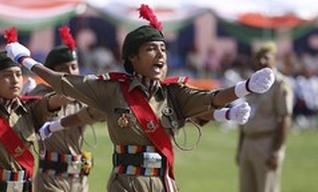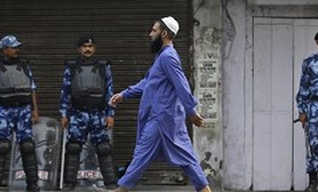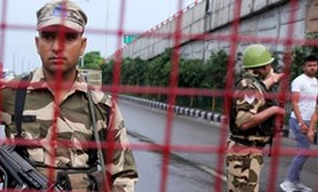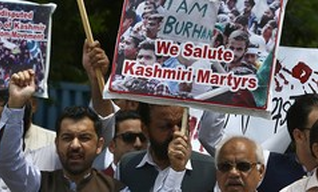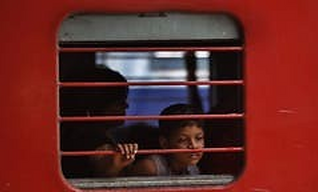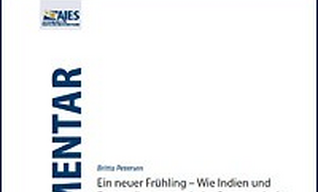
Britta Petersen
Neu-Delhi
-
Noch keine BeiträgeHier wird noch geschrieben ... bitte schaue bald nochmal vorbei

Britta Petersen
-
afghanistan
-
indien
-
pakistan
-
politik
-
wirtschaft
-
reportagen
-
kommentare
-
analysen
-
südasien-korrespondentin
-
journalistenausbidung
Fehler!
Leider konnte der Artikel nicht gefunden werden.
We can't find the internet
Attempting to reconnect
Something went wrong!
Hang in there while we get back on track

